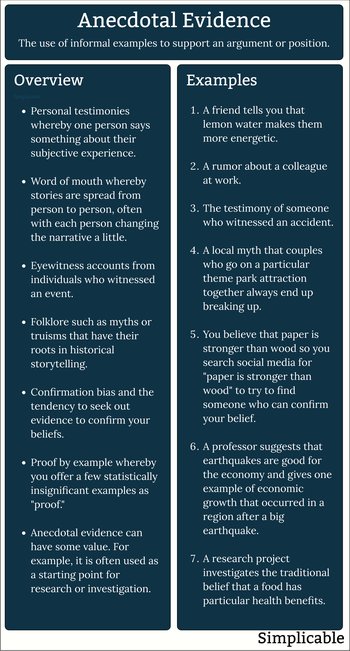
The Difference
Objective information is based on facts, analysis, rational thought and logic. It doesn't need to be measurable and can include qualitative judgement based on your powers of reason. Subjective information is a personal analysis based on your individual opinions, emotions, world view, political alliances and biases.The Point
Generally speaking, objective information is more accurate and useful. Subjective information may be useful to you or friends who care how you feel about something. However, it isn't widely useful as a knowledge source. For example, decisions based on objective information are more likely to be optimal.Example
An objective review of a university states facts about the school's history, values, governance, programs, academic reputation and its culture. Analysis presents both sides of the story including negative and positive details.A subject review of a university is based on an individual's bad experience and looks at everything from a negative perspective. It is overly dramatic and tries hard to convince the reader of a particular opinion.| Objective vs Subjective | ||
Objective | Subjective | |
Definition | Information and analysis based on diligent research and rational thought. | Information and analysis based on opinion, emotion or an agenda. |




























